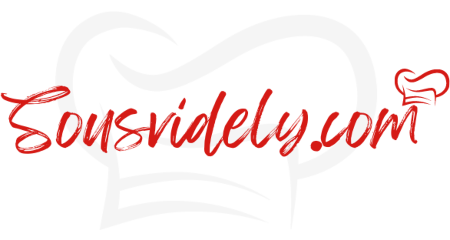Are you looking to improve your cooking skills? One of the best ways to do this is to build your very own culinary library. By having a set of cookbooks at your disposal, you’ll always have access to new and exciting recipes that can help you step up your game in the kitchen. Here are some tips on how to build a culinary library that can help you take your cooking to the next level.
Know What You’re Looking For
Before you start building your culinary library, it’s important to know what you’re looking for. There are a ton of cookbooks out there, covering everything from baking to grilling, vegetarian to meat-heavy, and everything in between. Knowing your preferred style of cooking, as well as what types of dishes you want to master can help you narrow down your search and build a collection that is tailored to your needs.
Look for the Classics
If you’re just starting to build your culinary library, it’s a good idea to seek out some classic cookbooks that have stood the test of time. These books often cover the basics and provide a solid foundation of knowledge to build upon.
Some classic cookbooks worth considering include:
- The Joy of Cooking by Irma S. Rombauer
- Mastering the Art of French Cooking by Julia Child
- How to Cook Everything by Mark Bittman
Seek Out New Voices
While classic cookbooks are a great place to start, there are also a number of new and exciting cookbooks being published every year. These often feature fresh perspectives on classic dishes, as well as new and innovative recipes. Some new voices to look out for in the world of cooking include:
- Yotam Ottolenghi
- Alison Roman
- Samin Nosrat
Consider Your Skill Level
When selecting cookbooks for your library, it’s important to consider your current skill level. If you’re a beginner, you may want to look for cookbooks that focus on basic techniques and recipes. On the other hand, if you’re more experienced, you may want to seek out more challenging recipes that can help you take your skills to the next level.
Don’t Forget About Reference Books
Cookbooks aren’t the only type of book worth adding to your culinary library. Reference books can also be incredibly helpful, providing information on ingredients, techniques, and equipment.
Some reference books to consider include:
- The Flavor Bible by Karen Page and Andrew Dornenburg
- The Food Lab by J. Kenji López-Alt
- On Food and Cooking by Harold McGee
Final Thoughts
Building a culinary library can be a great way to improve your cooking skills and take your dishes to the next level. By seeking out classics, new voices, and reference books, you can build a collection that is tailored to your needs and preferences. So why not start building your very own culinary library today?
